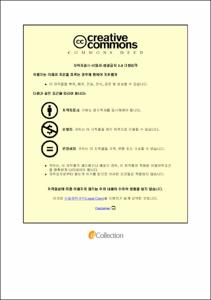老人의 精神健康이 삶의 質에 미치는 影響에 관한 硏究
= A Study on the Effect of Mental Health on Quality of Life for the Aged
- Type
- Thesis
- Alternative Title
- 고령자 집단과 초고령자 집단을 중심으로
- Advisor
- 황진수
- Department
- 대학원 행정학과
- Issued Date
- 2010
- Publisher
- 한성대학교 대학원
- Files in This Item:
-
-
Download
 000000563425.pdf
기타 데이터 / 1.42 MB / Adobe PDF
000000563425.pdf
기타 데이터 / 1.42 MB / Adobe PDF
-
Items in Repository are protected by copyright, with all rights reserved, unless otherwise indicated.